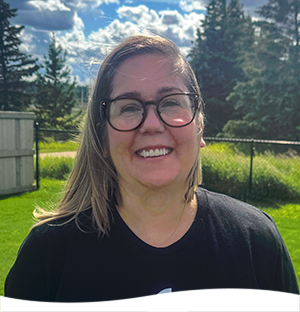Thanks to an inspired anonymous donor and a number of public supporters, TRI together with South African National Parks (SANParks), the Agricultural Research Council of South Africa (ARC) and the University of Western Cape completed a pilot project in support of the Nama Indigenous peoples in Kuboes, South Africa, near the Richtersveld World Heritage Site.
Responding to the community’s request for an early adaptation strategy, the team purchased and installed three water capture units at the Kuboes School.
To help with longer-term planning, a climate vulnerability risk assessment was also conducted which explored how the community is adapting to climate change through cultural, social, economic and resource utilization practices.
Over 400 people participated in the risk assessment. In addition, four students from the University of the Western Cape and three students from the Kuboes community were engaged in hands-on learning by assisting with the project.
For an in-depth look at the project view the Climate Resilience and the Nama Peoples of South Africa storymap.
This initiative inspired the Scaling Out Adaptation Options for Indigenous Communities Adjacent to UNESCO World Heritage Sites and National Parks in Southern Africa initiative.




